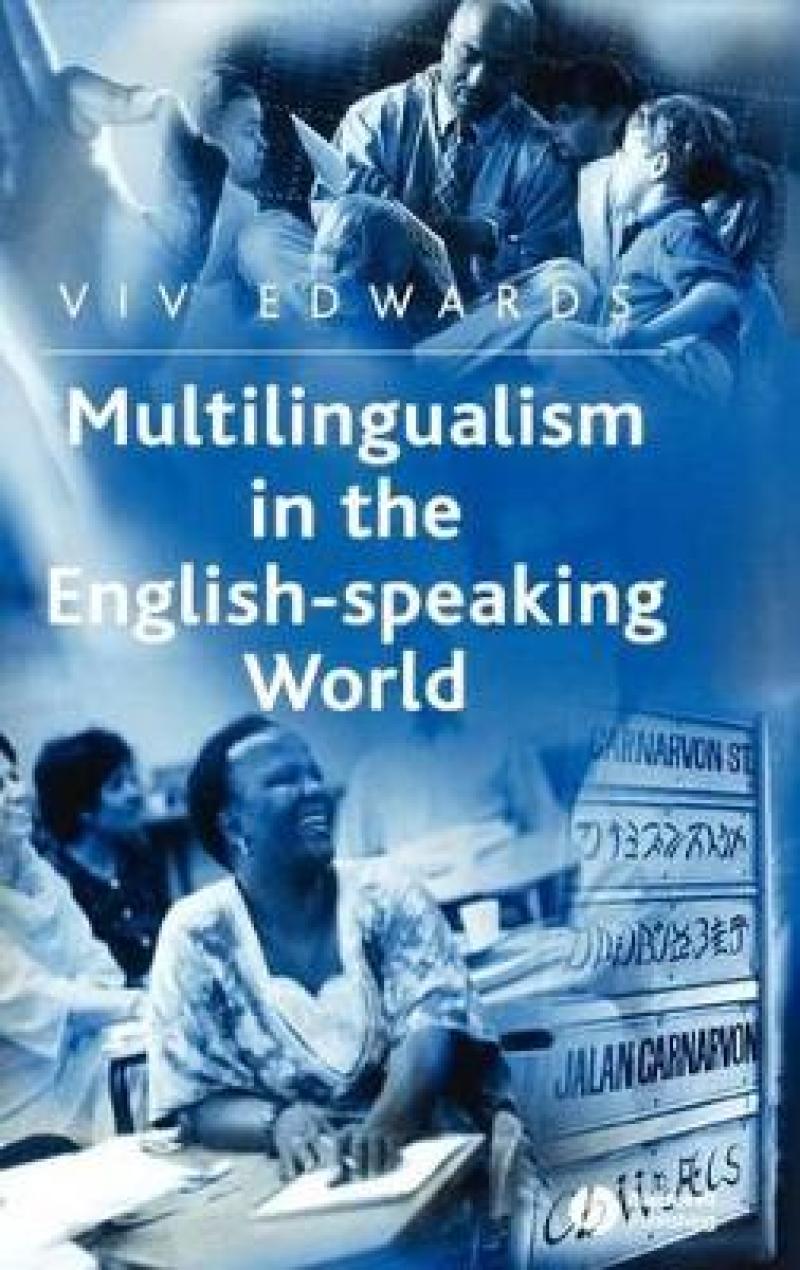‘This ambitious book is timely, well conceived, and highly accessible to a wide audience. The author brings together a range of topics related to language that have not been addressed coherently in any other volume.’ <i>Jim Cummins,</i> <i>University</i> <i>of</i> <i>Toronto</i> <br /> <p><br /> </p> <p>‘This is a book whose time has come. Its focus on multilingualism in English-dominant countries uncovers a wealth of language activity that has largely gone unnoticed, and unremarked, until now, providing a much-needed counterbalance to the myopic preoccupation in the academic and wider popular literature with English. Viv Edwards’s book is also simply a pleasure to read – highly lucid, accessible and interesting, there is much here to enjoy, and learn from, for both the academic and the general reader.’ <i>Stephen May,</i> <i>University</i> <i>of</i> <i>Waikato</i><br /> </p> <p>"This work remains an important contribution to macro-sociolinguistic issues." <i>Journal of Sociolinguistics</i><br /> </p> <p>"A hugely informative and timely book, which focuses on multilingualism in English-dominant countries"<br /> <i><b>Multilingua</b></i></p>
Multilingualism in the English-Speaking World is the winner of the BAAL Book Prize 2005.
Multilingualism in the English-Speaking World: Pedigree of Nations explores the consequences of English as a global language and multilingualism as a social phenomenon. Written accessibly, it explores the extent of diversity in 'inner circle' English speaking countries (the UK, the USA, Canada, South Africa, Australia and New Zealand) and examines language in the home, school, and the wider community.
- Considers the perspectives of English as a global language as well as multilingualism as a social phenomenon.
- Written in an accessible style that draws on contemporary real life examples.
- Examines the everyday realities of people living in 'inner circle' English-speaking countries, such as the UK, USA, Canada, South Africa, Australia and New Zealand.
- Discusses the theoretical issues that underpin current debates, drawing on research literature on societal multilingualism, language maintenance and shift, language policy, language and power, and language and identity.
Part I: The extent of diversity:.
1. The myth of monolingualism.
2. Roots of diversity.
3. Access to services.
Part II: Language at home and in school:.
4. Language in the family.
5. Language and education: a history.
6. Language and education in the modern world.
7. Majority speakers and minority languages.
Part III: Language in the wider community:.
8. Language and the economy.
9. Language and the media.
10. Language and the Arts.
11. Language, diplomacy and defence.
12. Is life really too short to learn German?.
References.
Index.
Multilingualism in the English-speaking World: Pedigree of Nations looks at the everyday realities for people living in ‘inner-circle’ English-speaking countries from both historical and contemporary perspectives. Accessibly written and drawing on real-life examples from North America, the British Isles, Australia and New Zealand, this book discusses the theoretical issues that underpin the current debates, drawing on the research literature on societal multilingualism, language maintenance and shift, language policy, language and power, and language and identity.
